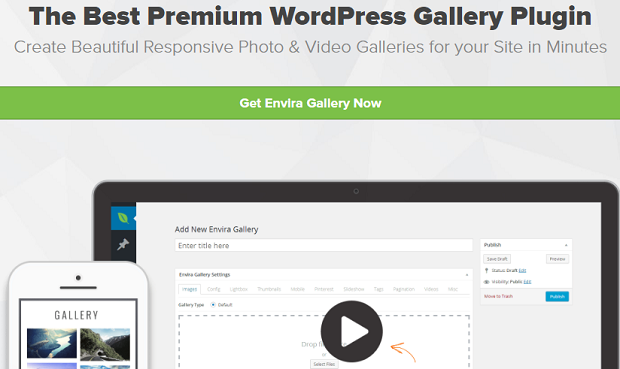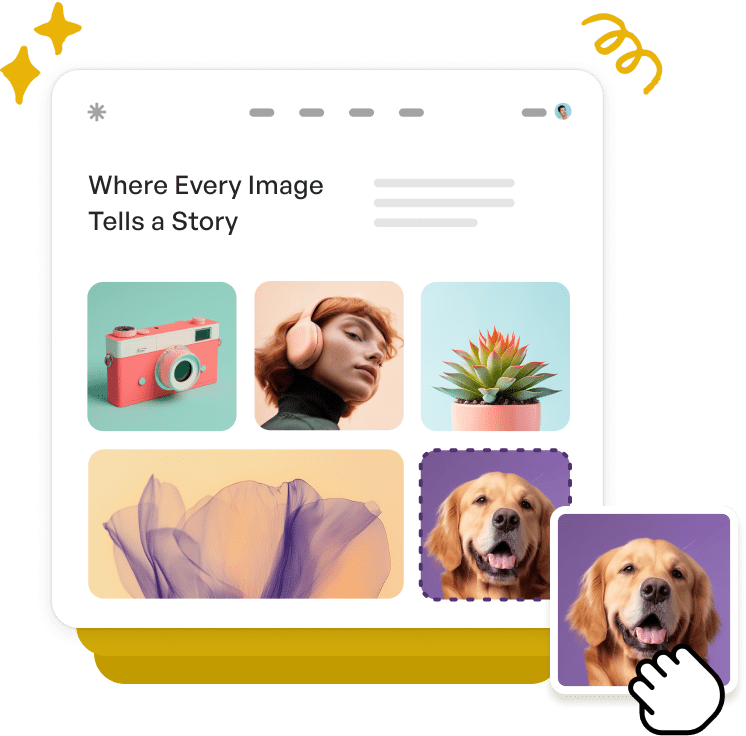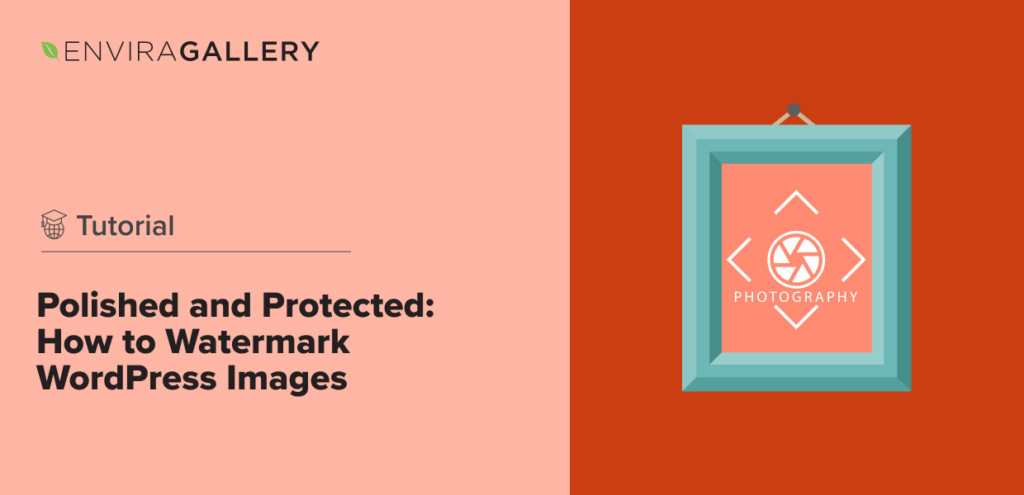Unsure as to whether a print release or copyright release is right for your wedding photography business? Being online has its fair share of advantages, including extended brand reach and countless new sale opportunities. But it has its own challenges to consider too. For instance, you’ll need to think about how to protect your images, and how to give usage rights to the customers who buy from you.
When it comes to wedding photography, you have two options to consider: print release and copyright release. In today’s article, we’ll discuss the differences between them, and what you can do to protect your images while you’re waiting to dole out permissions.
In this post, we’ll cover the following:
- What is a copyright release?
- What is a print release?
- Explaining permissions
- Other photography licenses
- Why print releases are the best option for wedding photographers
- How to protect online images in the meantime

Let’s get started!
What is a Copyright Release?
A copyright release is a legal document that transfers ownership of an image from the photographer to the client. From the moment of transfer, the copyright no longer belongs to the photographer, which means they can’t use the image on their website or blog. Obviously, that’s not very good for you if you’re trying to build a wedding photography brand.
It’s industry standard for photographers to maintain the copyright over their images. This doesn’t stop the client from using the pictures for their own purposes; it just means that the photographer can continue to showcase those images too, as part of their portfolio. Unless the client is an A-list celebrity who doesn’t want their image being used elsewhere, there’s a good chance they won’t need a copyright release.
What is a Print Release?
On the other side of the coin, a print release doesn’t allow your client to edit the images they receive from you, claim it as their own, or remove your logo when they’re sharing it with other people – unless you give them permission. Essentially, a print release gives your client limited access to their images. They can use them for their own personal reasons and nothing else.
With a print release vs. a copyright release, the photographer still owns the image. This means that the photographer can continue to use the pictures they took for marketing and branding purposes – provided that the client is comfortable with this. In general, a print release is really what a customer wants when they ask about copyright. Most people simply don’t know the difference between print and copyright releases.

Print Release vs. Copyright Release: Explaining Permissions
If you’re still a little confused about print releases vs. copyright releases, look at it this way. When someone buys a song from iTunes, they have a copy of that song to listen to whenever they want. However, they can’t sell the song to other people, and the artist can continue to use it however they like. The same kinds of rules apply to a print release from a wedding photographer.
With a print release, clients can:
- Print their images as often as they like
- Share those pictures online, tag people in them, and add them to galleries
- Enjoy the photos as much as they like
However, a print release doesn’t allow clients to edit their images, submit them for personal gain or publication, or sell them online. They also can’t take credit for the pictures you take and claim that they snapped them on their own.

What Other Kinds of Licenses Can Photographers Offer?
Print release vs. copyright release is one of the most often debated topics when it comes to photography licensing. But there are other forms of releases out there that experts can offer when sharing their images with clients. Depending on the kinds of services you offer aside from wedding photography, you can also provide licenses such as:
- Commercial use licenses: These are designed for photographers who specifically take pictures for business purposes. Commercial photos might include headshots or pictures of the business property itself. They can also include pictures taken of houses for real-estate companies or other product pictures.
- Limited use licenses: A limited-use license is when you offer your clients access to their image in a specific, limited use case. For instance, this release could mean that your customer can use a low-resolution image on their social media website, without having any further permissions.
- Full-rights licenses: Typically, this is only offered by photographers when trading services. But a wedding photographer might offer this to their client too. A full license means that your customer can edit, print, and make changes to images however they like. However, the copyright of the picture remains with the photographer.

Why is a Print Release the Best Option for Wedding Photography?
For most wedding photography brands, the easiest option is to offer clients a print release license for their images. For the client, this gives them unlimited access to their pictures whenever they like, for as long as they want. They can post their images on social media, use digital files in their Christmas cards, and make the most out of the pictures from their special day.
At the same time, a print release ensures that the photographer (you) still gets to benefit from their hard work. It prevents a client from editing the picture and making it look terrible online – something that could harm your marketing. It also ensures that you can continue to use the images in portfolios to show your skills to other potential clients. Ultimately, print release licenses preserve both the integrity of the art and of the industry overall.
How to Protect Online Images in the Meantime
So now you know that print release licenses are generally your best option. But how do you ensure that your images are protected after you’ve given your clients a certain level of access to them? And how can you prevent other people from swooping in and grabbing your pictures with no licensing at all?
The easiest option is to use a watermarking plugin. The last thing you want when you’ve worked hard on a wedding photo shoot is for someone to convert your marketing portfolio into their own personal gallery. A watermarking solution helps you avoid this by placing a simple watermark over your images so that no-one can use them elsewhere.
You can’t necessarily stop one of your clients from taking their chances and using their licensed images incorrectly. But you can at least make sure that no-one is using your pictures incorrectly without a license at all.
How do you approach print release vs. copyright release with your clients? Do you find that it’s easier to stick with print release entirely, or do you offer other licenses?
Let us know in the comments below and remember to follow us on Twitter and Facebook for more helpful insights, tips, and tutorials!
You may also be interested in our other popular articles:
14 Best Photo Editing Software for Photographers
How Much Should Wedding Photographers Spend on Ads?
Wedding Portrait Retouching in Photoshop: 5 Steps for Better Photos
The Top 5 WordPress Wedding Photography Themes for 2018
7 Things a Wedding Photographer Should Avoid
What Are the Best Camera Settings for Wedding Photography?
SaveSave















